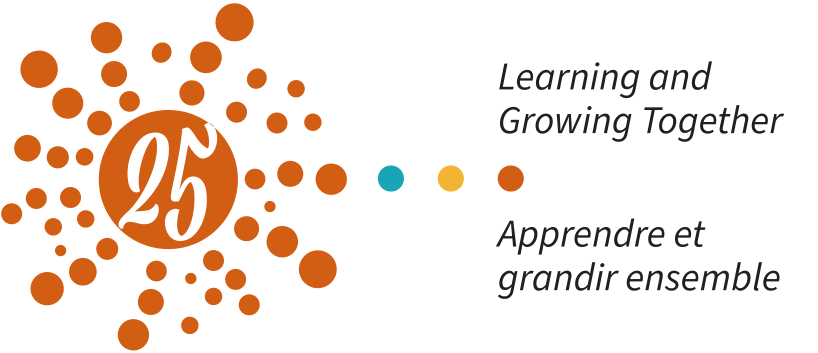The JLP marks Emancipation Day 2023
 In 2021, The House of Commons officially declared August 1 as Emancipation Day in Canada. This day was chosen to reflect the adoption of the Slavery Abolition Act by British Parliament in 1834. This act immediately came into effect across the British Empire, including the colonies.
In 2021, The House of Commons officially declared August 1 as Emancipation Day in Canada. This day was chosen to reflect the adoption of the Slavery Abolition Act by British Parliament in 1834. This act immediately came into effect across the British Empire, including the colonies.
Historian Marcel Trudel estimates that, between 1671 and 1831, approximately 4,200 enslaved people lived first in Nouvelle France and later in Upper and Lower Canada as well. Of these, approximately two thirds were Indigenous and one third of African descent.
In 1793, Upper Canada passed legislation that granted automatic freedom to any enslaved person arriving in the province. Until the end of the American Civil War in 1865, more than 30,000 enslaved African Americans escaped to Upper Canada (and therefore freedom) via the Underground Railroad. Many settled in Ontario, with others choosing to make their homes in Quebec or Nova Scotia.
The enslavement of Indigenous Peoples is a lesser-known and dark part of Canada’s history. In the 1400s and 1500s, European explorers would kidnap Indigenous Peoples they met in order to enslave or exhibit them as “exotics” back in Europe. This practice did not start to decline until the mid-1700s. This legacy of colonization has done generational damage to Indigenous Peoples in North America, including Canada. Its ripples continue to be felt today.
The JLP is proud to offer both workshops and guided discussions that examine our sometimes lesser-known histories and legacies, and invite participants to explore ways to nurture awareness and reparation in modern times.
Photo: Giorgio Trovato on Unsplash.com

